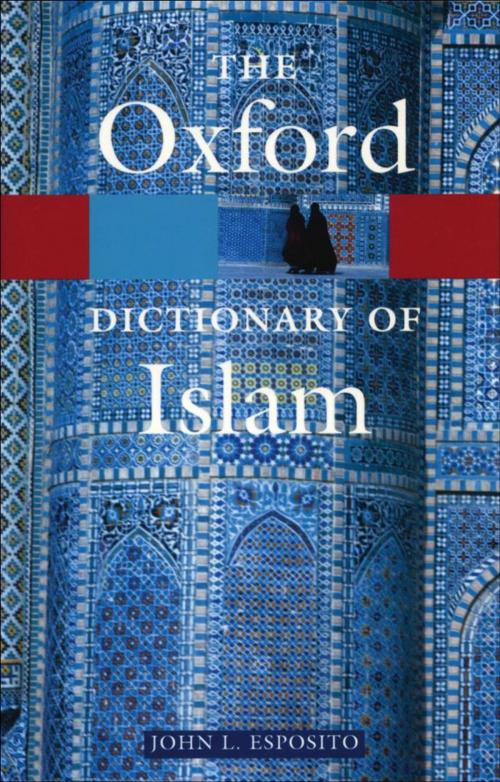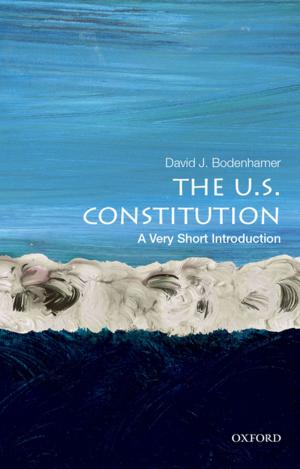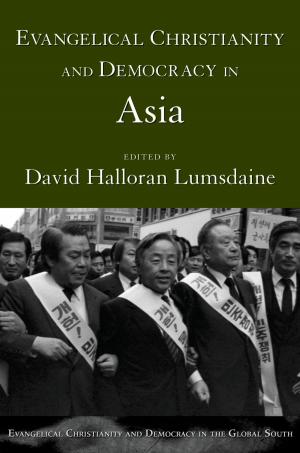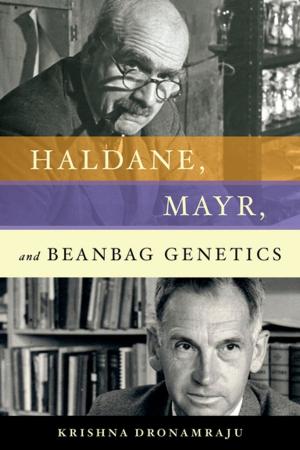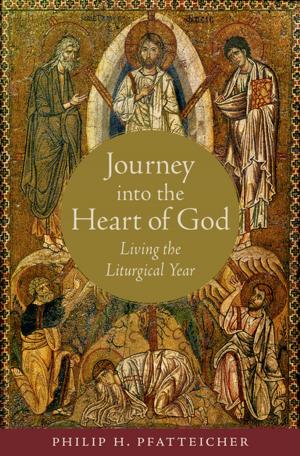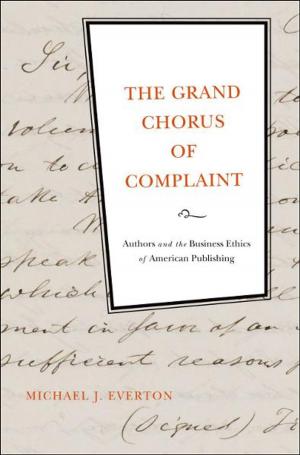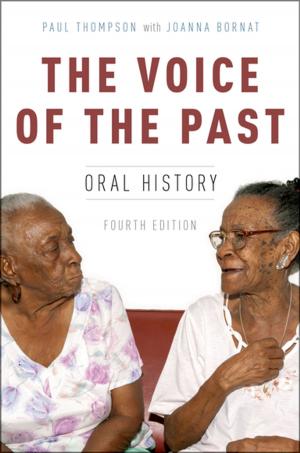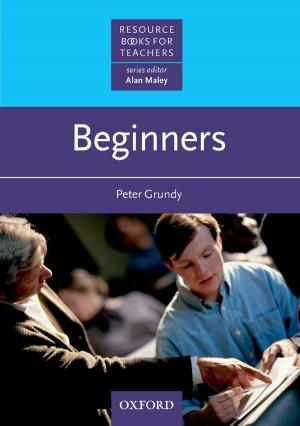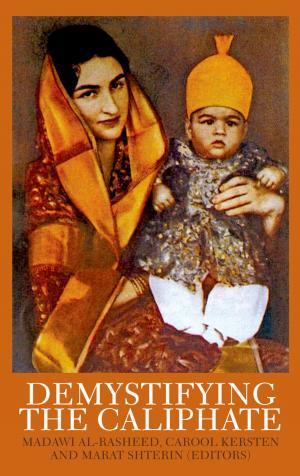| Author: | ISBN: | 9780199757268 | |
| Publisher: | Oxford University Press | Publication: | October 21, 2004 |
| Imprint: | Oxford University Press | Language: | English |
| Author: | |
| ISBN: | 9780199757268 |
| Publisher: | Oxford University Press |
| Publication: | October 21, 2004 |
| Imprint: | Oxford University Press |
| Language: | English |
Designed for general readers with little or no knowledge of Islam, this superb Oxford Dictionary provides more than 2,000 vividly written, up-to-date, and authoritative entries organized in an easy-to-use, A-to-Z format. The Dictionary focuses primarily on the 19th and 20th centuries, stressing topics of most interest to Westerners. What emerges is a highly informative look at the religious, political, and social spheres of the modern Islamic world. Naturally, readers will find many entries on topics of intense current interest, such as terrorism and the Taliban, Osama bin Laden and al-Qaida, the PLO and HAMAS. But the coverage goes well beyond recent headlines. There are biographical profiles, ranging from Naguib Mahfouz (the Nobel Prize winner from Egypt) to Malcolm X, including political leaders, influential thinkers, poets, scientists, and writers. Other entries cover major political movements, militant groups, and religious sects as well as terms from Islamic law, culture, and religion, key historical events, and important landmarks (such as Mecca and Medina). A series of entries looks at Islam in individual nations, such as Afghanistan, the West Bank and Gaza, Bosnia-Herzegovina, and the United States, and there are discussions of Islamic views on such issues as abortion, birth control, the Internet, the Rushdie Affair, and the theory of evolution. Whether we are listening to the evening news, browsing through the op-ed pages, or reading a book on current events, references to Muslims and the Islamic world appear at every turn. The Oxford Dictionary of Islam offers a wealth of information for anyone curious about this burgeoning and increasingly important world religion.
Designed for general readers with little or no knowledge of Islam, this superb Oxford Dictionary provides more than 2,000 vividly written, up-to-date, and authoritative entries organized in an easy-to-use, A-to-Z format. The Dictionary focuses primarily on the 19th and 20th centuries, stressing topics of most interest to Westerners. What emerges is a highly informative look at the religious, political, and social spheres of the modern Islamic world. Naturally, readers will find many entries on topics of intense current interest, such as terrorism and the Taliban, Osama bin Laden and al-Qaida, the PLO and HAMAS. But the coverage goes well beyond recent headlines. There are biographical profiles, ranging from Naguib Mahfouz (the Nobel Prize winner from Egypt) to Malcolm X, including political leaders, influential thinkers, poets, scientists, and writers. Other entries cover major political movements, militant groups, and religious sects as well as terms from Islamic law, culture, and religion, key historical events, and important landmarks (such as Mecca and Medina). A series of entries looks at Islam in individual nations, such as Afghanistan, the West Bank and Gaza, Bosnia-Herzegovina, and the United States, and there are discussions of Islamic views on such issues as abortion, birth control, the Internet, the Rushdie Affair, and the theory of evolution. Whether we are listening to the evening news, browsing through the op-ed pages, or reading a book on current events, references to Muslims and the Islamic world appear at every turn. The Oxford Dictionary of Islam offers a wealth of information for anyone curious about this burgeoning and increasingly important world religion.
